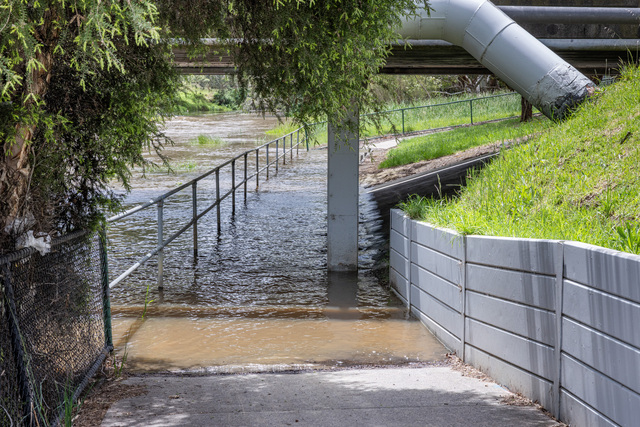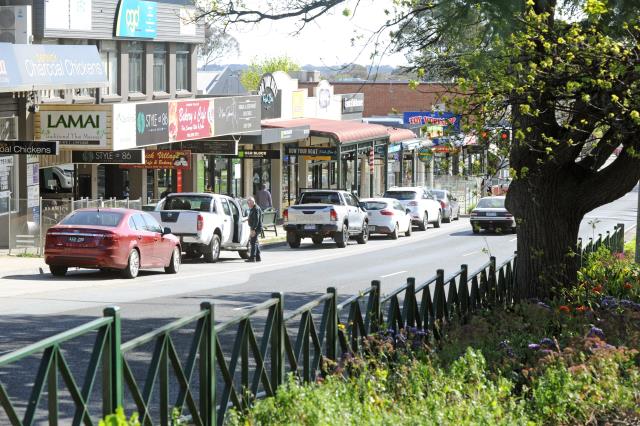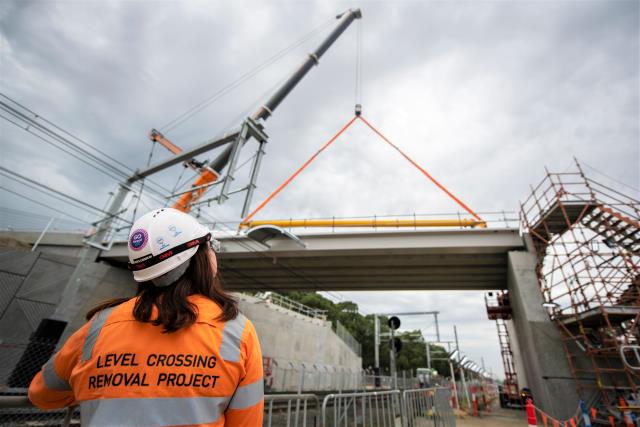South East residents in the most disadvantaged postcodes have been impacted the hardest by road toll fines, according to recent research.
According to Peninsula Community Legal Centre (PCLC), 40 per cent of all road toll fines that were issued across the state in the last 12 months were in Melbourne’s South East.
For the City of Dandenong, there were a total of 15,434 fines issued, with 10,445 of these leading to enforcement orders.
The City of Casey had roughly double the amount, with a total of 35,246 infringements, and 24,138 of those leading to enforcement orders.
Jackie Galloway, the PCLC chief executive, said the “areas in our catchment where the highest numbers of fines were issued last year also have some of the most disadvantaged postcodes in the state.”
Frankston saw a total of 16,714 fines issued in the same time frame, with 11,817 moving forward to enforcement orders.
In response, Eastlink is calling for drivers to plan ahead and act quickly if they receive an invoice.
Doug Spencer-Roy, Eastlink’s corporate affairs and marketing manager said that the company “wants to help, we don’t want people to be in difficulty.”
“We don’t want people to be receiving fines, we want people to ideally have an account with us with a positive balance if you’re using tollways,” Spencer-Roy said.
He also added that there are alternatives to using the Eastlink, such as Stud Road and Springvale Road, but for those who are using the tollways, they have a thorough process of reminders and assistance options if people are having difficulty with payments.
“So we do a lot of reaching out before we do pass on that information, and the fines these days are a maximum of one fine per seven days.
“If they don’t purchase the trip pass we do send a toll invoice and if that’s not paid, we post an overdue notice.
“If that’s also not paid we send text messages or email reminders to the registered owner of the vehicle, before we pass any information about unpaid trips to Victoria Police or Fines Victoria,” Spencer-Roy said.
For Ms Galloway and the PCLC, there is a particular concern with the fine system being a common entry point into the criminal justice system.
“These are vulnerable people who are not trying to avoid their fines, but who simply don’t have the means to pay.
“This means our fines team is seeing an increase in the number of people who are already struggling to put food on the table and pay their rent and who simply don’t have sufficient funds to pay their fines, even though they want to do the right thing,” Ms Galloway said.
She also added that the State Government needs to take more action in helping individuals pay off fines in other ways, “rather than crippling them with life-long debt and the threat of criminal sanctions.”
Leading up to July 2023, more than two-thirds of the PCLC’s clients were experiencing financial disadvantage, with the average fine debt sitting at $13,000, with some even at $70,000.
In response to the 40 per cent figure mentioned earlier, Mr Spencer-Roy said that while the initial sum of the toll invoice is relatively small, it’s when it escalates to a fine that things get difficult.
“If you receive a toll invoice from Eastlink or another tollway, you have to act on it, not let it slip, not ignore it, not let the toll invoices pile up because that will result in potentially a lot of fines with a very large financial cost.
“We have a hardship policy that people can contact us about, for example, to arrange a payment plan or a payment deferral.
“And for people who are experiencing genuine hardship there are other opportunities as well including now, with us having the ability to have fines withdrawn from Fines Victoria,” Spencer-Roy said.
A current Fines Victoria scheme, called the Work and Development Permit Scheme has been in operation since 2017, which the PCLC has been supporting since 2019.
While it aims to help vulnerable people resolve their fines and allows them to work off fine debt through financial counselling, educational and vocational courses and other programs, Ms Galloway said that the scheme “is at risk of stalling.”
“In the 2021/2022 financial year in NSW, there were 29,508 WDPs issued to work off fines to the value of $44,200,000, while in the same period in Victoria, only 1504 WDPs were completed to work off $3,504,758 worth of debt.
“The fines enforcement system is ineffective and disproportionately burdensome for vulnerable members of the community who find it impossible to pay their fines,” Ms Galloway said.

















